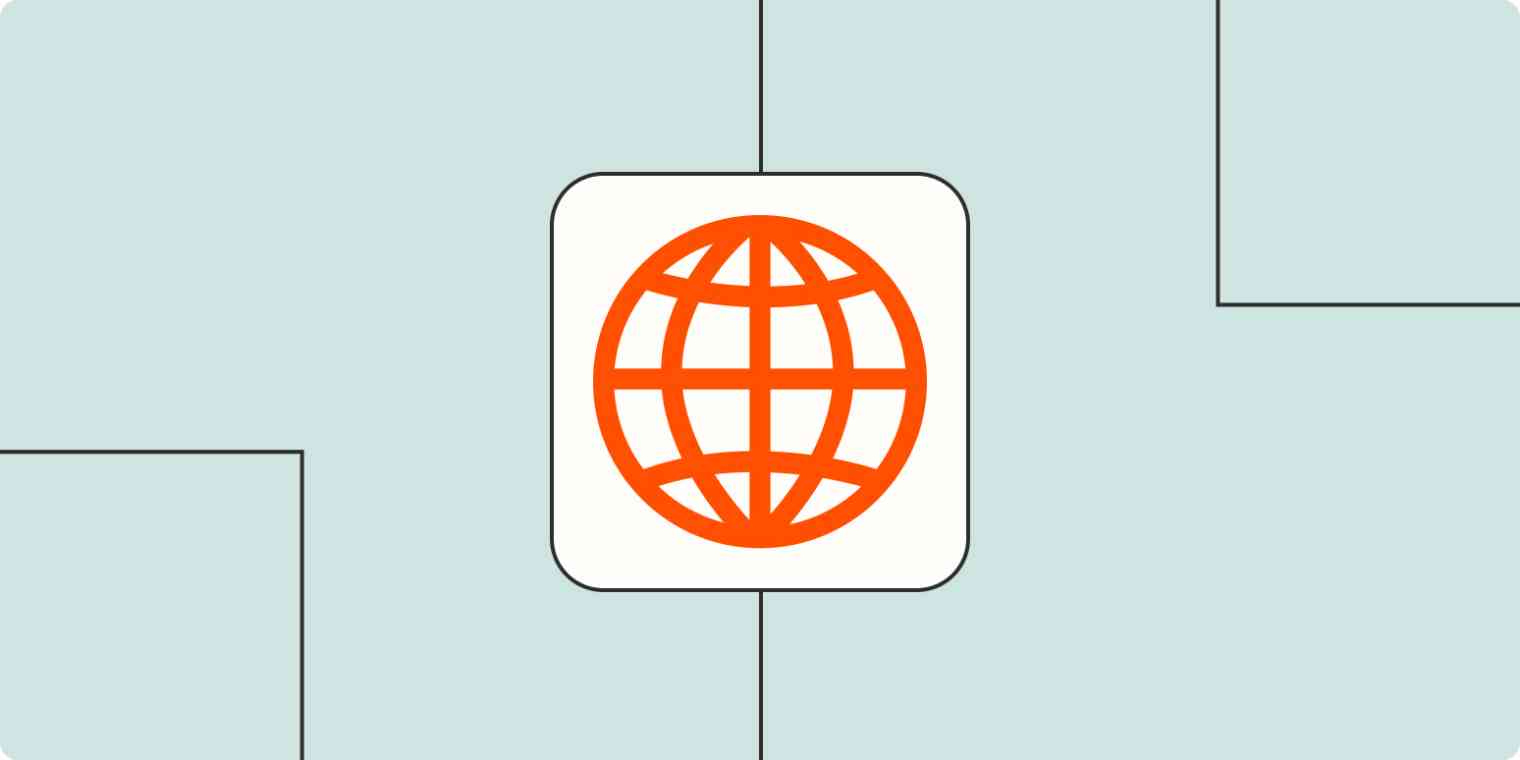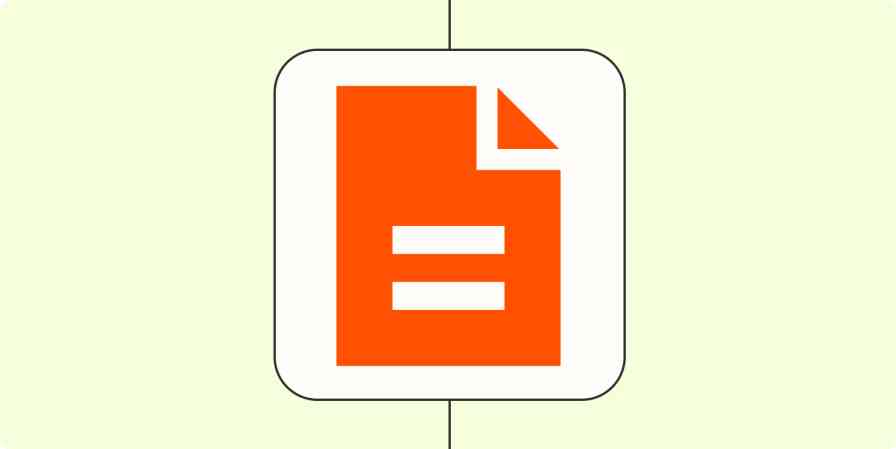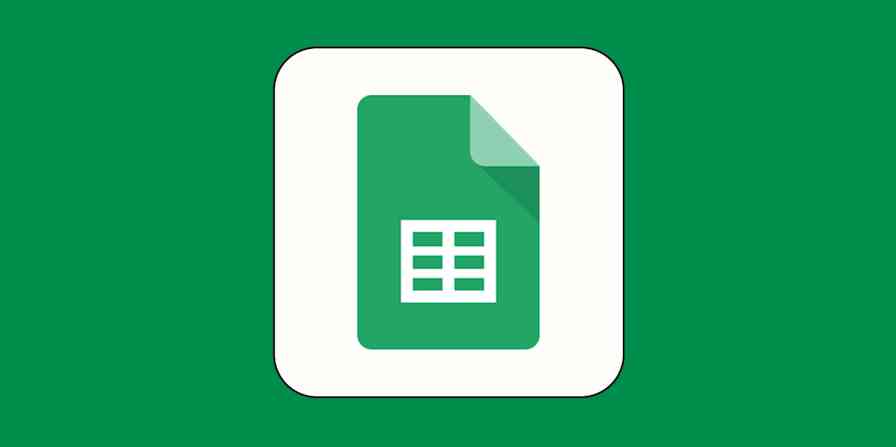Starting a business? You should buy a domain name.
A domain name is the address for a website—you're reading this article on zapier.com, for example. Registering a domain name isn't expensive, typically costing around $15 a year.
Some businesses use the free subdomains offered by web hosts like Wix or WordPress.com. If Zapier went this route, for example, you could be reading this article on zapier.wordpress.com, and we'd have an extra $15 a year to spend on snacks.
Obviously, it would be silly for a tech company like Zapier not to have a dedicated domain name. We'd look amateurish. Here's the thing, though: this is true for every business. You should buy a domain, even if you don't plan on having much of a website—or any website at all. Here's why.
Speaking of WordPress: here's the difference between WordPress.com and WordPress.org, just in case you're thinking about choosing one or the other. And here are 5 ways to automate WordPress.
Make it easy for customers to find you
People have short memories—they aren't going to remember a long web address. Try telling someone your company's website is at yourbusiness.wix.com and you might have to explain that, yes, there's a dot in the middle and, yes, Wix is spelled W-I-X. It's an extra step you'll have to take every time someone asks what your website is. Not to mention it's not as pretty on a business card.
Buy a domain name, though, and you don't have this problem. You can just tell people to head to yourbusiness.com, and you're done. That alone is worth so much more than $15 a year.
Of course, buying a domain isn't all you need to have a website; the domain name is just the address. You'll also need to buy web hosting so that your website can live on a computer somewhere, and a web host will end up costing you upwards of $100 a year. But here's the catch: not everyone who runs a business has a website. You might only have a Facebook Page or Google Maps listing. Even if that's the case, you should still get a domain name.
You can redirect a domain name to your Facebook Page, your Etsy profile, your Google Maps listing, or anything you want. This means that, if someone types your domain name into their browser, they'll end up on whatever page you want them to end up on. For example, go to bluecovejewelery.com and you're redirected to the business's Etsy page: etsy.com/shop/bluecovejewelry. Definitely easier to tell someone to go to "blue cove jewelry dot com" instead of "etsy dot com slash shop slash blue cove jewelry."
In the short term, this gives people an easy way to find your profile on those services. You can also use the domain name for a future website, if you think you might build one later. Domains are cheap, and redirects are easy to set up. Just buy the domain name, then look for the "Forward" option offered by your domain name service.
Look more legitimate
Most people won't find your website by typing your domain into their browser—they're far more likely to find your site by searching. You might think that means domain names don't matter anymore, but that's not the case. Google, for example, highlights domain names in search results.

An actual domain name looks more authoritative than a subdomain. If the above screenshot said zapier.wordpress.com, you might question whether you've found the actual Zapier website—and you'd be right to question. Your potential customers might be thinking the same way about you, if your site doesn't have an actual domain.
There's also search engine optimization (SEO). A site without a proper domain name could end up ranking lower in the results, for all sorts of reasons, meaning would-be customers could end up checking out your competition instead of you.
Take control
A domain name is something you control so long as you keep paying the bills. The same can't be said for other landing pages.
At some point, Etsy might stop existing. Facebook is famous for regularly changing the ways its service works. I'm not saying you should panic about any of these things right now, or that these companies are bad. You shouldn't, and they're not. But a domain name is something that you control on an internet that can be, at times, unstable. If that domain is tied to a website you control, even better. Don't underestimate the value there.
Have an authoritative email address
Buying a domain isn't just about websites—you can also use them for email addresses. This means, instead of an address that ends with gmail.com or outlook.com, email addresses can end with a domain owned by your company.
You can read about why your business shouldn't use a gmail.com address, but it boils down to a few key points.
Branding. Emails look like they're coming from your company, not from a free email service. This looks more professional.
Control. You can give employees an address ending with @companyname.com, which you can take control of should they leave the company.
Flexibility. You can point your domain to any email service, meaning you can switch email providers without having to inform all of your customers about a new email address.
Need an email host? Check out our list of the best email hosting services for small businesses.
Just buy the domain
A good domain name is possibly the most affordable branding tool I can imagine. It's just $15 a year, but it makes a big difference. There's no need to overthink this: just get the domain.
You can buy a domain from many different services, but domain.com or Google domains are both excellent places to start. Or, if you want to build a website, check out our list of the best website builders (you can buy a domain name during the setup process).
I don't run a business, but I was a freelance journalist for a long time. I bought a domain, justinpot.com, to serve as a sort of landing page for articles I wrote for sites around the web. I also used it as an online resume and a landing page for people who were looking to contact me. It works for me, and I think it will work for you too.





